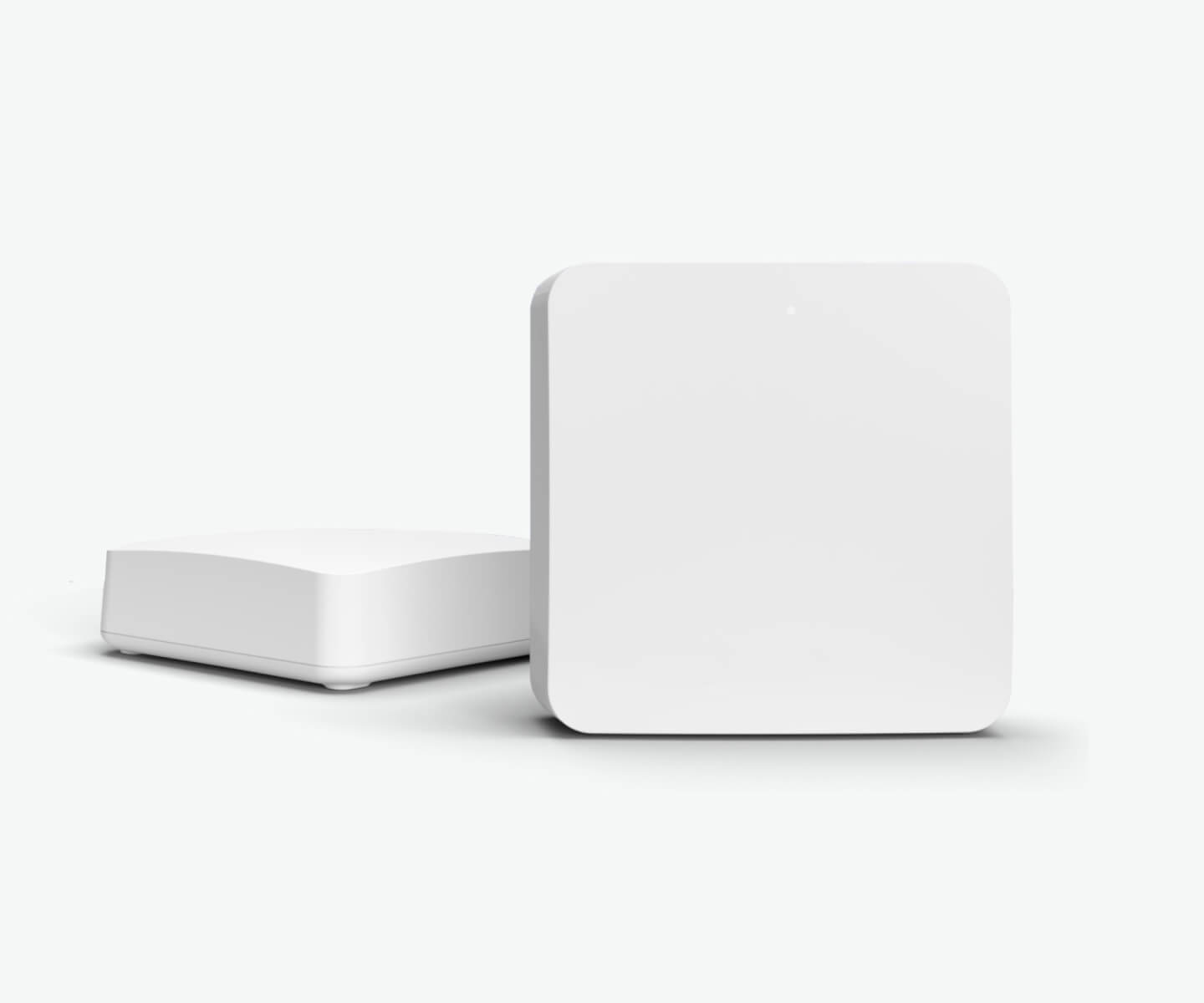The difference between 100 Mbps (Megabits per second) and 1 Gbps (Gigabit per second) lies in their data transmission speeds. These terms are commonly used to describe the speed of internet connections or data transfer rates in computer networks. Here’s a breakdown of the key differences:
- Data Transfer Rate:
- 100 Mbps (Megabits per second) refers to a speed of 100 million bits of data transmitted in one second.
- 1 Gbps (Gigabit per second) refers to a speed of 1 billion bits of data transmitted in one second.
- Speed Comparison:
- 1 Gbps is 10 times faster than 100 Mbps.
- This means that with a 1 Gbps connection, you can transfer data 10 times more quickly than with a 100 Mbps connection.
- Real-world Applications:
- A 100 Mbps connection is suitable for basic internet usage, such as web browsing, emailing, streaming SD (Standard Definition) videos, and light online gaming.
- A 1 Gbps connection provides a significantly faster experience and is better suited for demanding tasks like HD (High Definition) and 4K video streaming, online gaming, video conferencing, large file downloads/uploads, and multiple devices using the internet simultaneously without experiencing slowdowns.
- Download and Upload Speeds:
- Both 100 Mbps and 1 Gbps connections offer high-speed downloads and uploads, but the difference in upload speed might not be as noticeable for regular internet users.
In summary, a 1 Gbps connection offers significantly faster speeds, making it more suitable for bandwidth-intensive activities and scenarios where multiple devices need to be connected simultaneously. However, the choice between these two speeds also depends on your specific needs, the number of devices in use, and the applications you regularly engage in.

